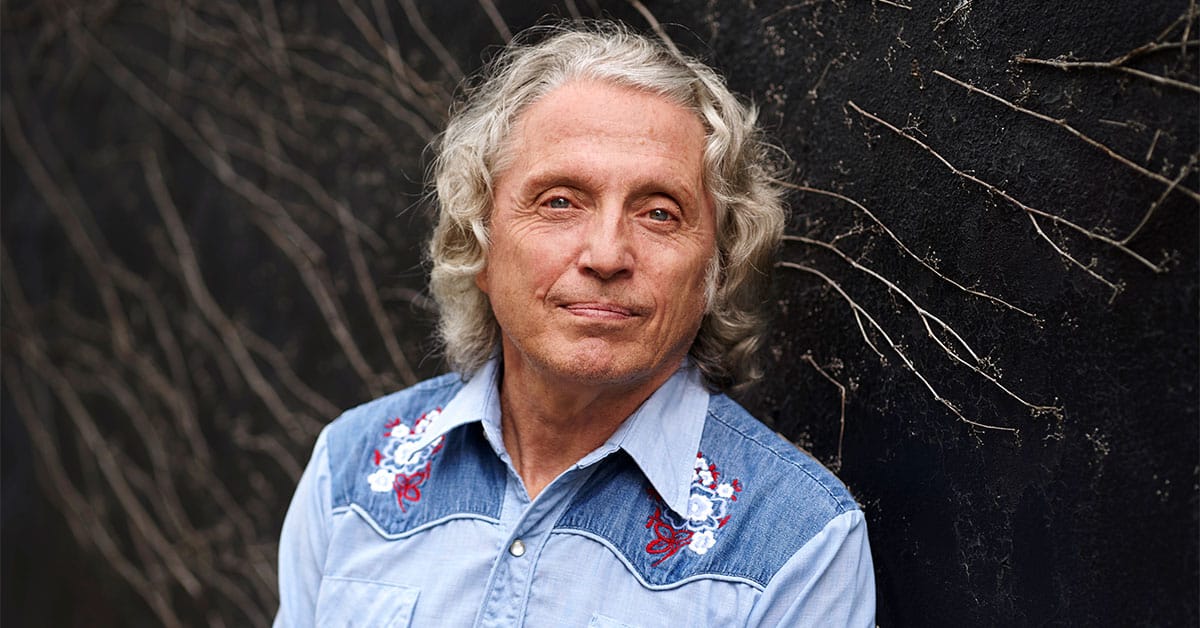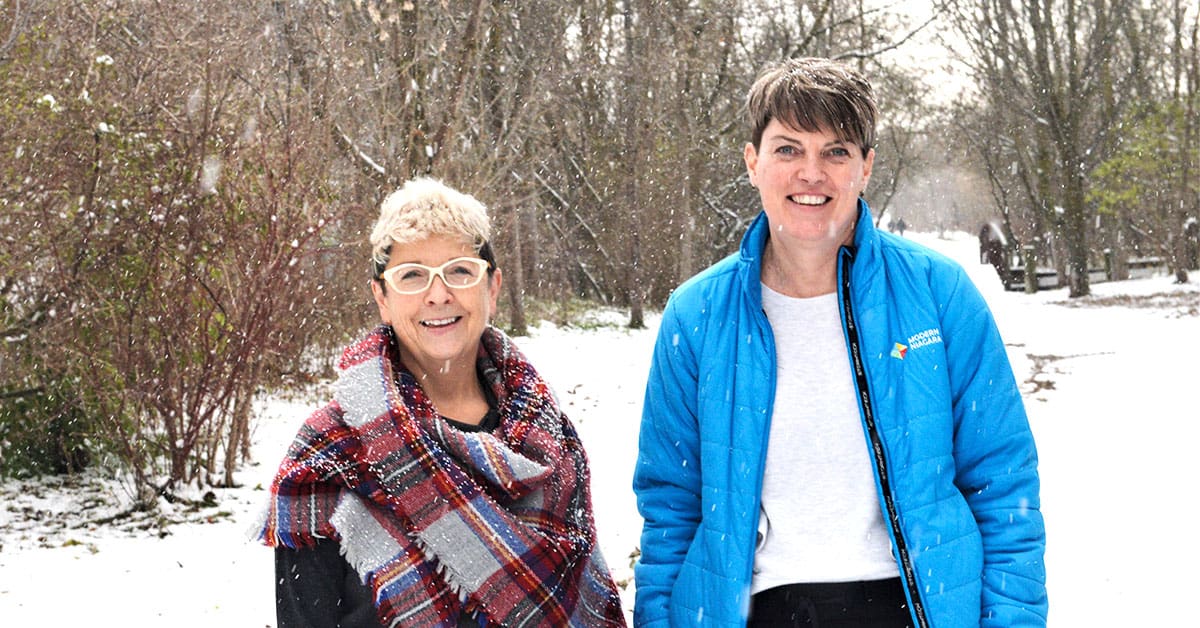With a new album that reflects aspects of Canada from climate change to social injustice, folk singer-songwriter James Gordon brings real-life issues into his music. He spent much of his time during the pandemic lockdowns in his home studio, creating new songs for his self-produced 40th album, When I Stayed Home.
“A lot of us got busy writing and recording, not being on the road. It wasn’t my intention during COVID to write songs about COVID – it’s always either there or in the background of the songs, just the impact that COVID had on all of us, but also I think it’s not all negative. That sounds strange, [but] I think COVID has given us all pause to reflect and to imagine what’s next. That could be a positive thing.”
A single off the album, ‘The Great Divide,’ was released in the summer of 2020, and focuses on the growing divide between people due to the economy.
“I tend to wander into topics that not a lot of songwriters approach – they’ll find that I try to address those topics but leave people with a sense of hope around them,” said Gordon. “There’s one of the songs called ‘We Are Broken But We’ll Mend’ that addresses COVID and there’s a line that goes ‘we all miss the human touch, hand in hand and heart to heart. There is only so much you feel from six feet apart.’ I think that can resonate with a lot of people.”
The Guelph-based musician’s 40th album comes just as he’s started returning to live performances, including last night at the Guelph Black Heritage Society’s Heritage Hall where he performed with his sons Evan and Geordie for the first time since before the pandemic.
“That particular spot means a lot to me, and my kids performed there quite a bit throughout the years. I’m getting used to getting back on the stage, people are getting used to being in the audience.”
Referring to himself as a “gig-pig,” Gordon has been on the road touring since he was 20-years-old, the microscopic virus being the one thing that’s been able to stop him.
“I was in a band called Tamarack for 20 years. I think about 14 of those albums were done with the band, and then I have a solo career too. But I think maybe it’s just I’ve never quite grown up or something , but I’m always just been excited about every project that comes along. I always feel like I need to have done everything I can to make sure that what I’m presenting is new and relevant, because there are folks that say, ‘Oh, not him again – been there, done that.’ I wouldn’t be still doing this if I didn’t still think I was offering something that is my best work,” said Gordon about his career as a Canadian folk icon.
Though Gordon admits there actually may be more than 40 albums on his CV, this was the completely self-produced one. He was helped by his sons, releasing the album in July after some last-minute scrambling to include a song about the residential school issue. The 13th track, ‘We’ll Bring You Home,’ gives a message of hope.
“I had the album all done, all the graphics done. Then around the beginning of July, just as it was ready to go to the manufacturer, I felt compelled to write a song about the residential school revelations that were coming out then. So that’s what it’s about and it was kind of an add-on, but it’s been receiving good attention and people seem to appreciate finding ways to deal with that topic.”
The new album comes as an already troubled music industry looks to recover from a pandemic that left many musicians without the ability to perform live shows. Pre-COVID, the industry had been seeing a sharp decline in sales for music as many people now listen to their music or stream their music for free.
“We forget that the music business was in pretty deep crisis before COVID and it’s just amplified that. There’s a new generation that just expects that they will be getting their music for free through downloads or through Spotify or whatever, and that was making it next to impossible for musicians to make a living before COVID. And then when the gigs disappeared, that made it extra hard. So, I think it really hit people, both creatively and economically,” said Gordon. “If you put out an album and everyone wants it for free, how could you afford to make another album? If you want to hear the artists you love, you’ve got to find ways to support them.”









